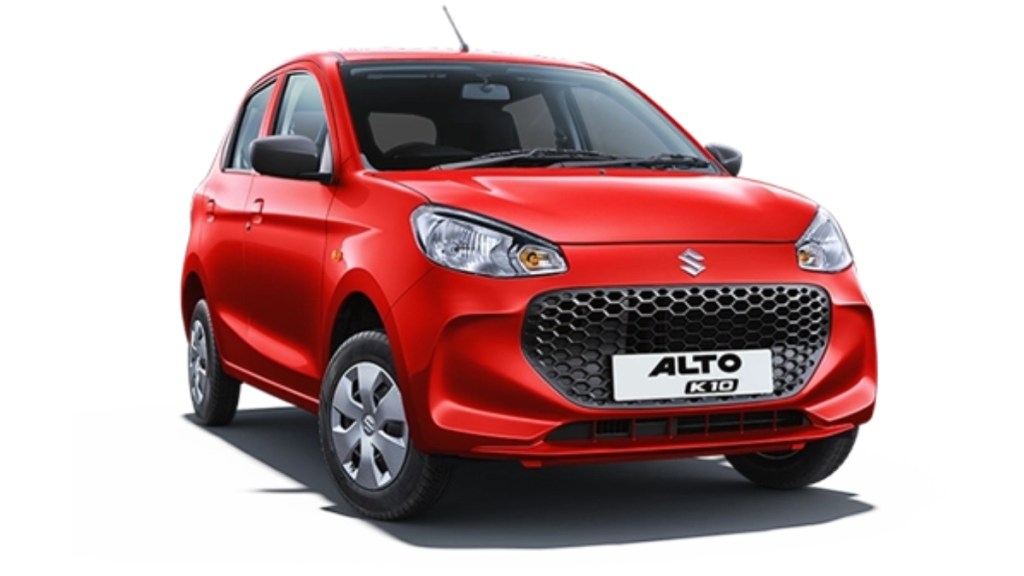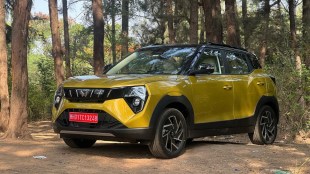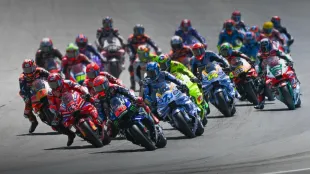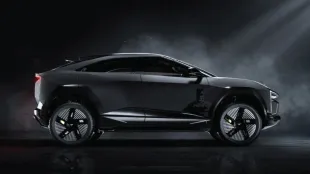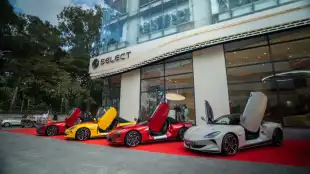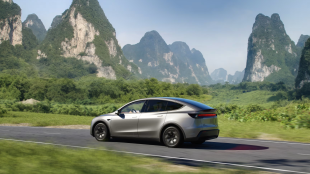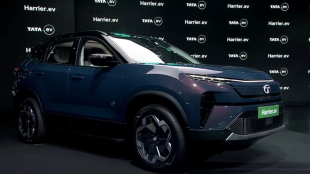The small car segment was once not just the biggest volume generator for OEMs but also the most aspirational segment as well since most first-time, middle-class car buyers opted for small hatchbacks. However, over the years, the sales of the small cars have been significantly affected by various factors that have resulted in the space being shrunken to a handful of models on sale today.
Many small cars in the past 5-6 years have bitten the dust. A major reason for this is the decline in demand for hatchbacks in favour of tall-riding crossovers and SUVs. The stricter emission and fuel efficiency norms are another reason why hatchbacks have fallen out of favour since small cars are driven by low-displacement engines.
According to Reuters, the Government of India is evaluating a proposal to ease fuel efficiency norms for small cars following lobbying efforts by Maruti Suzuki. This move comes amid declining sales of compact, budget-friendly vehicles — a segment historically dominated by Maruti with models such as the Alto and Wagon-R.
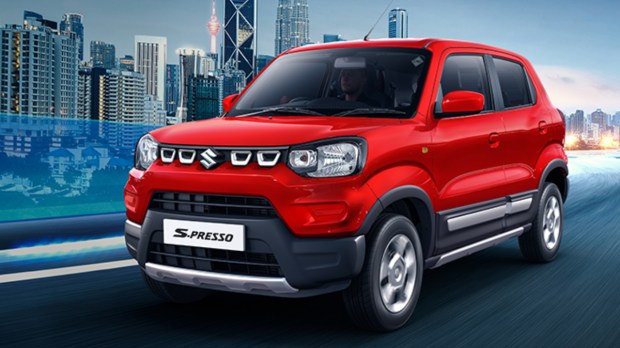
Once the backbone of India’s passenger vehicle market, the small car space now contributes to less than 50% of Maruti Suzuki’s 1.7 million units sold in the last fiscal year — a significant drop from nearly two-thirds just two years ago. Concerned by this declining demand, a senior government official revealed that India is considering changes to its Corporate Average Fuel Efficiency (CAFE) norms, specifically for cars weighing under 1,000 kg.
These adjustments would ease carbon dioxide emission limits currently applicable to vehicles under 3,500 kg, potentially helping companies that rely heavily on small car portfolios.
Maruti Suzuki to be biggest benefactor
Maruti Suzuki, which has 10 of its 17 current models under the 1,000 kg weight category, stands to benefit significantly from any such relaxation. Other automakers such as Hyundai, Renault, Toyota, and JSW MG Motor also offer smaller models that could gain from the policy shift.
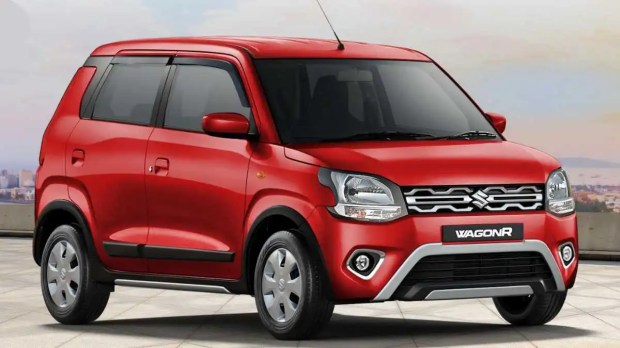
Under existing CAFE regulations, automakers must ensure a certain percentage of their fleet comprises low-emission or electric vehicles to meet compliance and avoid penalties. Easing the requirements for small cars would reduce the urgency to electrify this segment, giving manufacturers more flexibility in their production strategies.
The report further states that in a closed-door meeting held on June 17, the Ministry of Heavy Industries sought feedback from major players like Tata Motors, Mahindra & Mahindra, and Volkswagen on the potential leeway for small cars in the next round of norms scheduled to come into effect from April 2027.
Suzuki Motor, in its 2024 sustainability report, emphasized that small cars are environmentally friendly due to their lower emissions and reduced resource requirements during manufacturing. Meanwhile, Renault India’s country head, Venkatram Mamillapalle, stated confidence that India’s automotive trade body will advocate for a fair and balanced approach that supports all industry stakeholders.
With inputs from PTI
